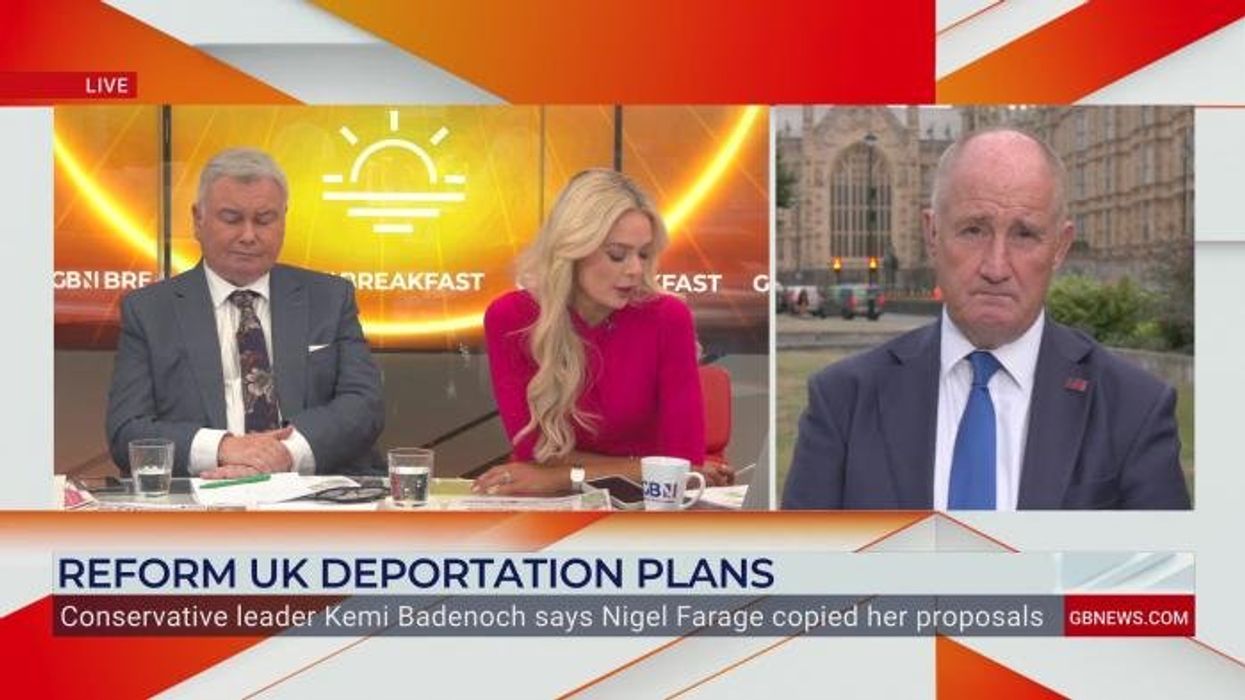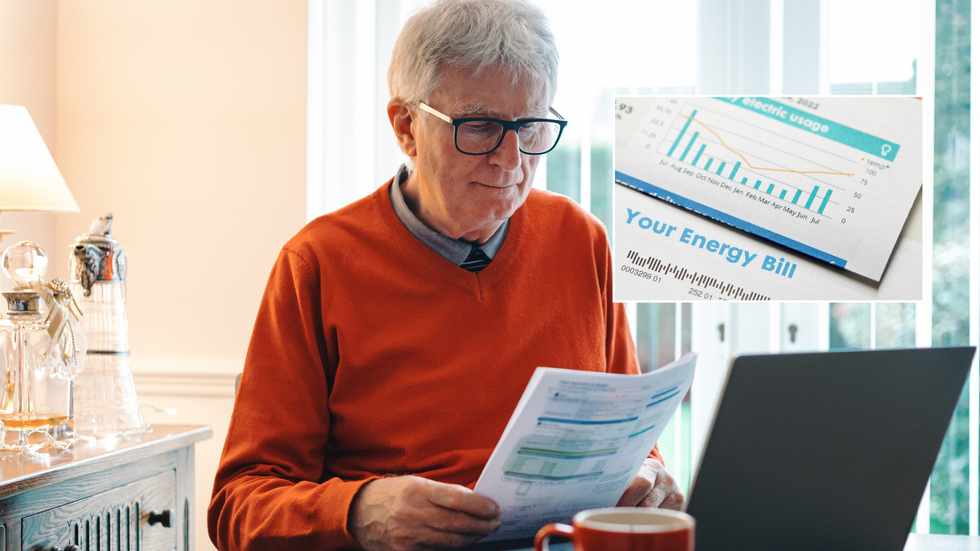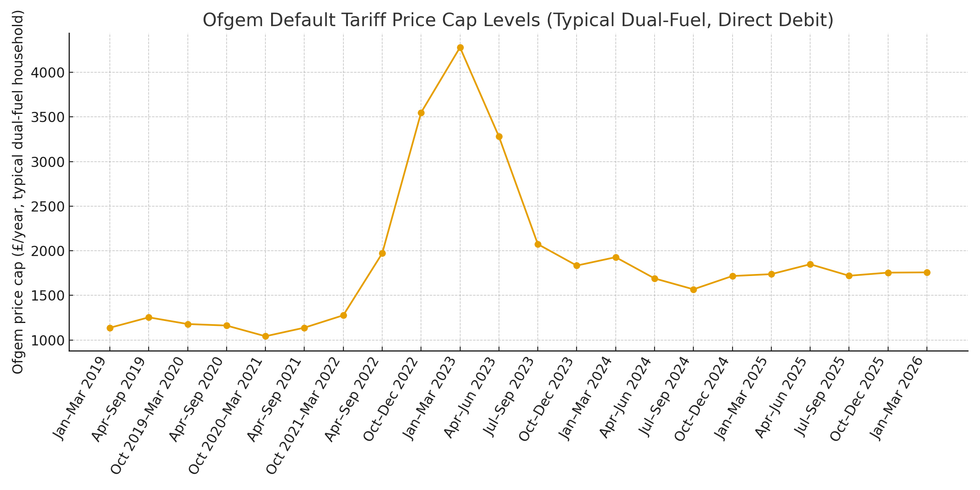Energy bills to RISE in 2026 as Ofgem makes shock price cap announcement

Kevin Hollinrake takes aim at Labour 'ideology' as energy price cap increases |
GB NEWS

Analysts had previously forecast the Ofgem energy price cap to fall between January and March 2026
Don't Miss
Most Read
Latest
Ofgem has confirmed the energy price cap will rise in 2026 despite previous forecasts predicting a fall in the first quarter of next year.
The energy regulator announced this morning that the maximum rate suppliers can charge households with average usage will jump by 0.2 per cent between January and March.
As such, this hikes amounts to a small increase of around 28p a month for the average dual fuel household. Notably, year on year when adjusted for inflation the new cap is two per cent or £37 lower than the same period in 2025.
It should be noted the price cap refers to the default tariff applied when a customer is not on a fixed-rate tariff. It sets a maximum rate per unit and standing charge that can be billed to customers for their energy use.

Ofgem has announced the energy price cap for January to March 2026
| GETTYFor an average household paying by direct debit for gas and electricity, the overall bill will be £1,758 per year, according to Ofgem.
In reaction ton the news, Labour minister for energy consumers Martin McCluskey said: "We know that energy bills remain too high.
"That is why we are taking immediate action, with millions more families receiving £150 off their bills through the expanded Warm Home Discount scheme this winter.
“We are taking the long-term action needed to bring down bills for good with the government’s clean power mission.
 The Government has committed to more energy bill support | GETTY
The Government has committed to more energy bill support | GETTY "We are also delivering our new golden age of nuclear, with cheaper, clean electricity to power millions of homes, kick-start economic growth and create thousands of jobs."
Tim Jarvis, Director General, Markets, at Ofgem, said: "While energy prices have fallen in real terms over the past two years, we know people may not be feeling it in their pockets.
"The price cap helps protect households from overpaying for energy. But it’s only a safety net and there are practical ways that customers can pay less for their energy.
"Look at different tariffs and choose what’s right for you or change the way you pay to direct debit or smart pay-as-you-go. Prepayment remains the cheapest way to pay, and these customers are already saving around £47 on average.
LATEST DEVELOPMENTS
“While wholesale energy costs are stabilising, they still make up the largest portion of our bills which leaves us open to volatile prices. That’s why we’re working with government and industry to boost clean energy and reduce our reliance on international sources we can’t control."
Simon Francis, coordinator of the End Fuel Poverty Coalition, added: "Energy bills remain stubbornly high as households face a fifth winter of the energy costs crisis. Today's announcement sees standing charges rise yet again, highlighting the structural problems in how energy is paid for.
"The addition of a new levy on bills which pays for nuclear power stations is unwelcome and could have been delayed until closer to when these plants actually start to generate electricity.
"Today's Ofgem announcement keeps the average energy bill at almost £700 above the levels of winter 2020/21 and over £150 more than at the 2024 General Election."

How has the energy price cap changes in recent years?
|CHAT GPT
More From GB News










